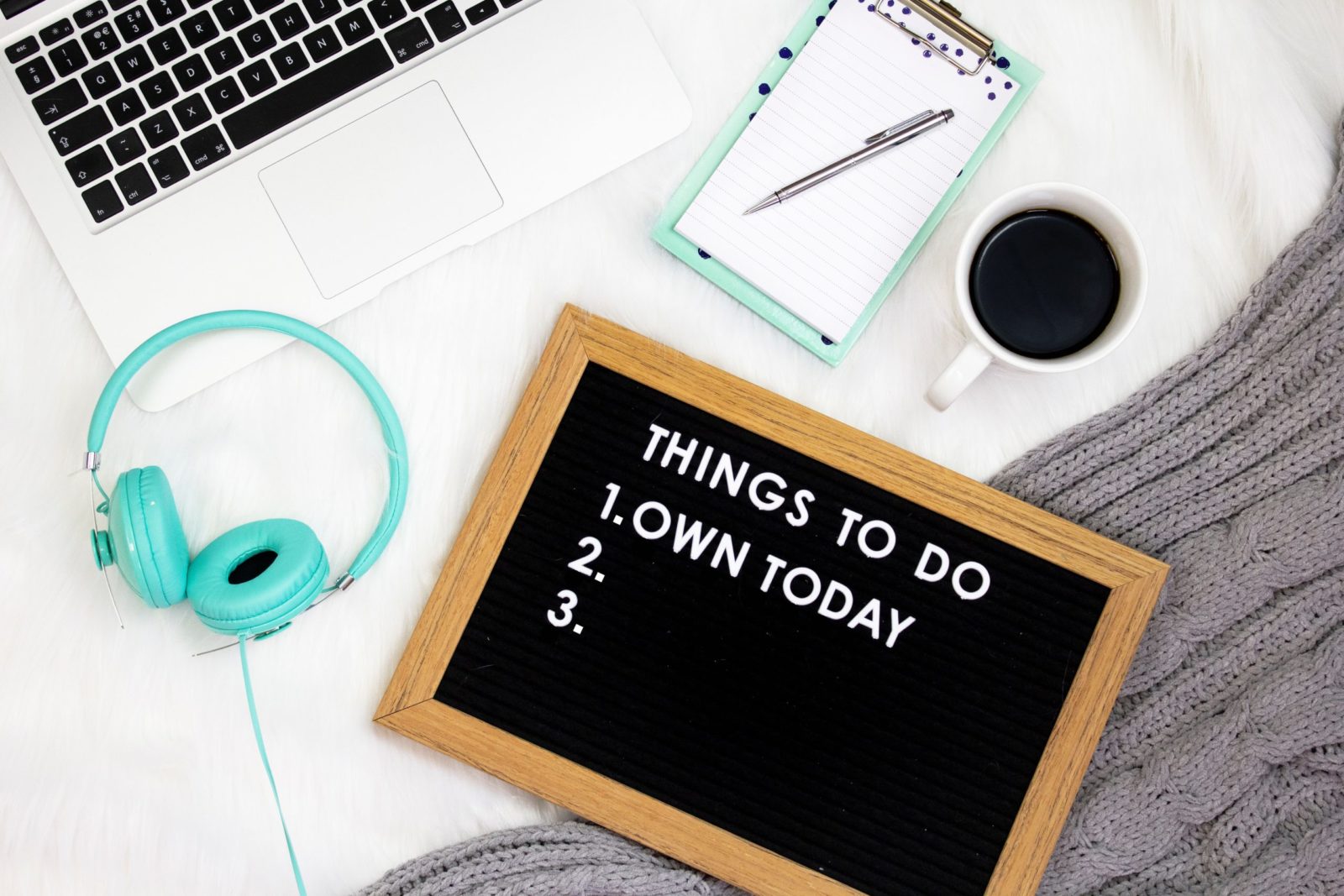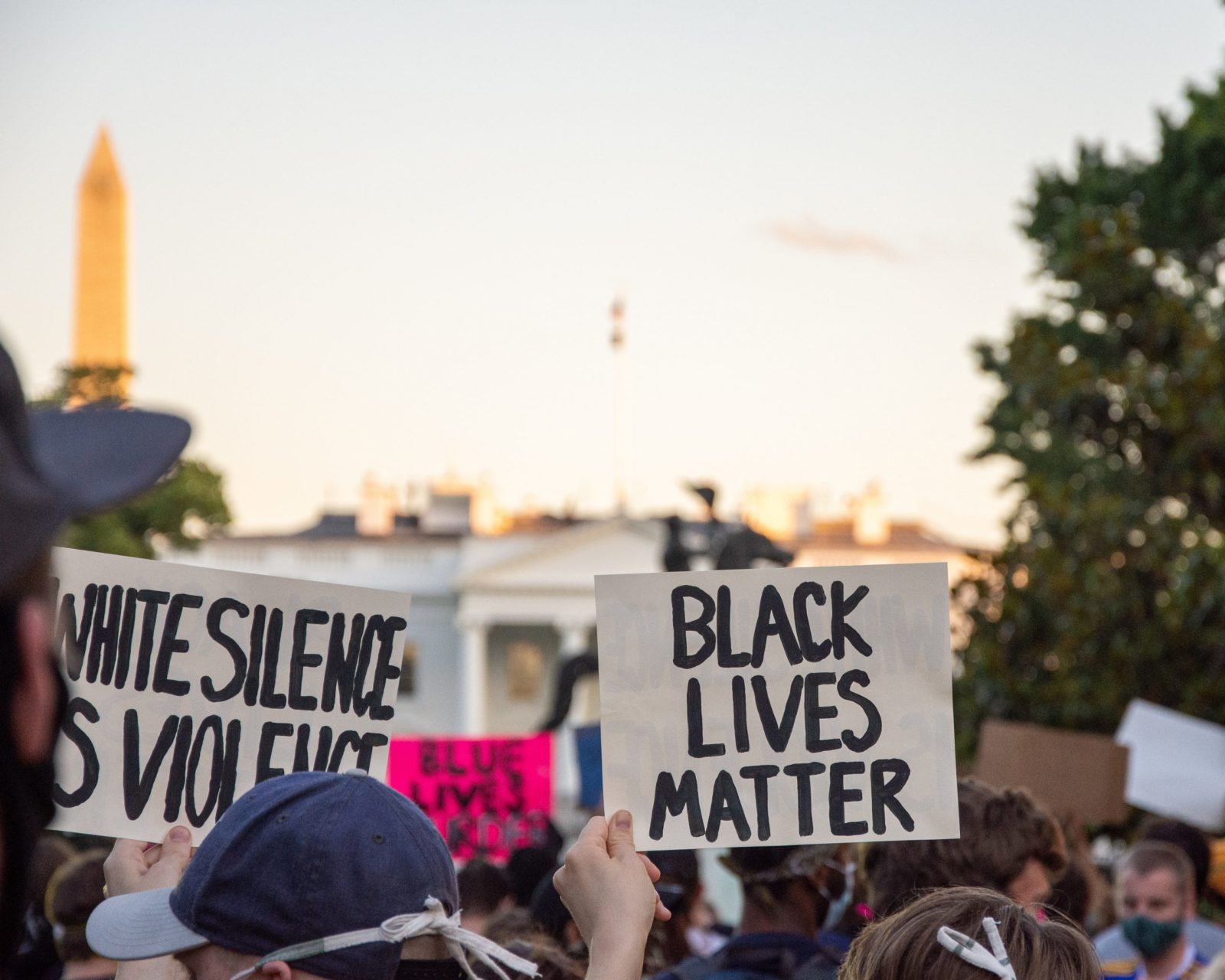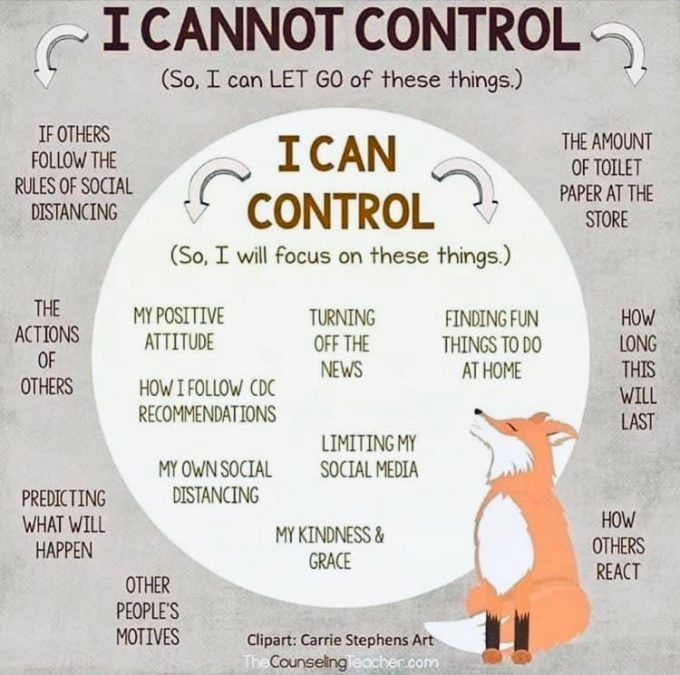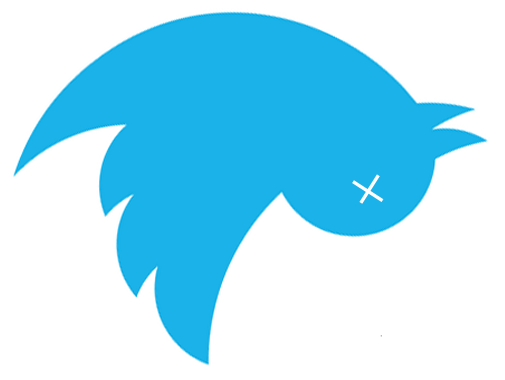
So You Have to Work from Home? Here’s My Experience.
March 13, 2020
Protests and Pandemics: Support and Resources
June 11, 2020The Mental Toll of the COVID-19 and Sheltering in Place
As more cities, counties, and states begin sheltering in place due to the coronavirus pandemic (including my county), life in the great indoors is becoming our new normal.
A lot of us are working from home, trying to learn how to create routines for ourselves and our children. But today we learned that close to 3.3 million people applied for unemployment insurance in a single week.
On top of the work and employment concerns, we’re encountering empty shelves in grocery stores, enduring increasing amounts of cabin fever, and probably, most of all — we’re worried.
There’s so much uncertainty — of how we’ll pay our bills, if we’ll get sick, if we or our sick loved ones will get better, or if that cough is due to seasonal allergies or something else.
It’s OK To Be Worried
So I’m not here to say you shouldn’t be worried. This outbreak is a serious matter.
In the U.S., our infrastructure has been laid bare and low. Hospitals are scrambling to find masks, gowns, ventilators, and more medical professionals to keep up with the growing amount of people who need to be hospitalized. The economy has essentially shut down because need to keep physically distant from each other to help contain this virus (and not like everyone is adhering to those recommendations).
It’s a scary time.
Worry and anxiety about the present and the future aren’t feelings you should shove to the side. You shouldn’t try to just focus on the positive and hope this virus just “goes away.”
But what you should do is make sure that you’re taking good care of yourself, both physically and mentally.
As social creatures, “social distancing” feels unnatural. Many people are not handling being stuck at home (or away from home) very well. People who are already socially isolated may be feeling the pain of loneliness even more.
It’s OK to be worried and anxious — there’s so much to be concerned about right now. But it’s not OK to stay stuck in those feelings.
So how can you keep mentally well while keeping a safe physical distance from people?
16 Resources Which Can Help Your Mental Health During the COVID-19 Outbreak
There’s a ton of information out there, but I thought the following would be especially helpful for you to read or use as you’re sheltering in place.
- A trauma-informed wellness workbook from Chicago Justice Torture Center
- 5 Emotional Precautions to Take During the Coronavirus Pandemic by Dr. Jonice Webb
- If use Twitter and are frequently online, follow and turn on notifications for these two care bots @YayFrens and @tinycarebot.
- Finding it hard to concentrate to get some necessary tasks done? Read this from Psychology Today: 4 Strategies for Persevering Through Difficult Tasks
- My longtime friend and Yale psychiatry professor, Dr. Nii Addy, wrote this on LinkedIn: COVID-19 Stress and Anxiety: Practice Social Distancing, not Social Isolation.
- The American Psychological Association has a podcast episode on the coronavirus and anxiety: Speaking of Psychology: Coronavirus Anxiety
- How to Care for Your Mental Health During the Coronavirus Lockdown from Slate.com
- From Health.com: How to Make Sure Social Distancing and Self-Isolation Don’t Hurt Your Mental Health
- From Vox.com: I have OCD. Here’s how I’m dealing with coronavirus fears.
- Coping with Suicidal Ideation Among the Uncertainty of COVID-19 from RootedInRights.org
- Are you stuck at home with an abusive partner or loved one? Safely reach out here.
How to Help Your Kids Stay Mentally Well While Sheltering in Place
One thing to keep in mind is that even if we’re all physically healthy, this outbreak has the potential to cause secondary traumatic stress, meaning that reading about people’s stories involving the coronavirus, or watching the news about the latest cases and casualties — it can start to take a psychic toll on all of us, including our children. With that in mind, the National Child Traumatic Stress Network has a guide for parents and caregivers on how to help families cope with the coronavirus.
The New York Times also has some helpful articles on how to talk to your kids about the outbreak.
- How to Talk to Kids About Coronavirus
- 5 Ways to Help Teens Manage Anxiety About the Coronavirus
- Talking to Teens and Tweens About Coronavirus
Can We Have Some Fun?
It may seem counterintuitive to focus on having some fun while you’re sheltering in place for the next few days and weeks. Although it’s important to stay informed on how local and federal governments and institutions are handling this crisis, you do not want to stay too plugged in. That can increase your anxiety and let hopelessness set in. You can still take this outbreak seriously without being constantly updated on what’s going on.
So how can you have some actual fun and feel connected to others while sheltering in place? Here are three ideas.
- Video chat. You may have already been using FaceTime, Google Hangouts, or some other video chat app to keep in touch with family and friends. But now that most of us are home, consider expanding the use outside of your normal folks. You could have coffee dates or happy hours with other friends and colleagues. I’ve heard of people doing karaoke, too. Just make sure that you use something other than Zoom (like these nine alternatives), which has some major security issues.
- Board games. Yes, board games! Some of my fondest memories are of me playing Monopoly with my little brother and my mother, or playing Scrabble with my mom. So dust those off those old board games and have some healthy competition and fun with your family. If you need some inspiration, here’s a list from ScienceOfPeople.com of various types of games you can play.
- Music. Music can be a healing balm to the soul and mind during tough times. And lots of musicians and artists are at home, just like us. So check to see if your favorite musicians are releasing new music (like Nine Inch Nails did today) or are streaming live music (like Benjamin Gibbard from Death Cab for Cutie has been doing). I loved watching Gary Lightbody from Snow Patrol sing songs while he’s sheltering in place in Los Angeles. The Met Opera has been offering free musical performances during the outbreak. I had never personally been into opera before, but now I’m a fan! Whomever you’re into, wou can most likely find them streaming on Instagram Live, but check their websites and other social media channels for more information.
BONUS: Here’s a crowdsourced Google Doc of a plethora of ideas of fun things you can do with your kids as you shelter in place.
A Final Note About Sheltering in Place from a Converted Ambivert
On social media, there’s been a lot of talk about how extroverts have been struggling with the lack of physical contact from others. And introverts have been joking about how they’ve been well prepared for social distancing.
I used to think I was an introvert (INTJ in particular). But I learned recently that most of us are technically not introverts or extroverts, but ambiverts — a balance of introversion and extroversion characteristics. Introverts and extroverts are actually extremes.
So what you’re probably feeling, dear ambivert, is an imbalance. Your everyday life of going out and being with people has been disrupted. Now you’re dealing with a lot more time by yourself — especially if you live alone.
I probably lean towards introversion, especially as someone who works from home. So I too have been prepared for this outbreak in many ways.
But ironically, I was just starting to become more social outside of the house when this outbreak started. So I too feel your pain and anxiety of not being able to see people.
Still, as an ambivert and as a Gen Xer who has learned to enjoy her own company, I have some final (and admittedly obvious) tips about how to feel connected and to stay mentally well while sheltering in place.
- Journal. Wow, a writer talking about the benefits of journaling — what a concept! ? It’s really beneficial for getting your thoughts and feelings out on paper. Also, since this is a strange time, consider writing about what’s going on from a historical perspective. Looking back on your entries a year from now will be not only informative from a larger perspective, but you’ll also see how resilient you were.
- Read. As a kid, I played outside a lot, but I also read a lot. Books have been my steady companions, and maybe books can be a new companion for you. It’s a way to feel connected to people, even if they may just be the author and/or the characters they created. So if you have Amazon Prime, you can use this Chrome extension to find books that you can check out from your local public library (preferably ebooks, of course!). You can also use hoopladigital.com to find ebooks, audiobooks, music, and movies through your library. But there are probably a stack of books you haven’t ever had time to read.
- Watch. You may be thinking, “Yes, I know about Netflix, Amazon Prime, HBO Go, Hulu, and Disney +, thank you very much.” And yes, I won’t be telling you about those apps. But I will tell you about another free resource that is connected to your library: kanopy.com. You can find thousands of indie films, documentaries, foreign films, and more. Just in case you want something a little different than the latest blockbuster film or popular TV comedy (although bonus tip: watching comedy anything would be a good boost to your mental health), Kanopy can feed your brain and soul.
- Walk. Let me say straight up first: physical distance still matters here. You shouldn’t be walking anywhere populated. But going for a walk can help clear your mind. Moving your body in general can be wonderful for your whole wellbeing. Granted, it’s springtime in Central Florida now, so I can’t go outside for more than a few minutes and not have a strong allergic reaction to pollen. But walks have always been a nice moment of personal respite for me. I hope they can do the same for you.
One Final Final Tip: Do nothing.
You may have been feeling this compulsion to do things. I definitely have been feeling it.
I had wanted to write this post for the last week. But to be completely honest, it’s been emotionally tough. I’m in the mental health niche with my writing, but I knew what it would emotionally take for me to write this.
I had to examine the ways that this time indoors could be exacerbating ongoing mental health issues or creating new ones.
I feel tapped into the collective angst and anger of how things have been handled in the U.S.
And like you, I have read the heartbreaking stories of people who have been on the frontlines as healthcare workers, and of those who have died or gotten very ill.
So, it probably goes without saying that I have not been as productive as I would have liked.
And that’s OK.
This is a stressful, uncertain time. To think that you can just dive into writing the next Great American Novel or the next best pop song or do the work you normal do while sheltering in place…yeah, don’t think that! There’s no need to put that sort of pressure on yourself.
It’s OK to do nothing. To rest. To just breathe. And to be grateful that there are moments of nothing to do.
When was the last time you stared at the sky and watched the clouds roll by? The wind rustling in the trees? Or watched the animals outside your window? To just sit in complete silence by yourself, or with your pet? To lay on your bed and just look up at the ceiling as you hear the air conditioner turn on?
When have you allowed yourself to be just utterly bored?
Don’t worry, though — nature doesn’t like a vacuum. Your boredom, your nothingness, will be filled with something else. Maybe you’ll reach out and text an old friend. Maybe you’ll get the idea to try a new recipe. Or you could finally try to meditate (you’re practically doing it if you’re just staring at clouds anyway).
Or maybe you’ll just do nothing for a little while longer.
Our bodies and minds need a break from the news and the litany of worries that come with it.
While sheltering in place, it’s OK to do nothing. It’s OK to rest. It’s OK to be.
One Final Final FINAL Tip: Reach out for professional help.
If all these ideas still bring you no relief, you should strongly consider reaching out for professional therapeutic help.
These days, because of physical distancing, therapists are turning to other ways to connect with their clients: texting, phone calls and video chats. Psychology Today has a database of therapists who use teletherapy as a part of their practice. If you have a therapist already and they haven’t offered this yet, ask them if they would consider another way of connecting so that you both can keep physically safe.
In my next post, I’ll talk more about online counseling and how you can benefit from it.
If things feel particularly hard, please don’t wait for a therapist appointment. Call the National Suicide Prevention Lifeline 1-800-273-8255 right now or you can chat with someone.
The novel coronavirus will someday be a thing of the past. But until then, we have to rely on each other to get through this tough time while sheltering in place. Don’t shove your feelings into the attic of your mind, and don’t forget those who may be struggling, too.
Reach out for help. Reach out to help. ?
If you’re in the mental health field and are wanting to help more people, let’s talk soon. I’d love to help you get your unique genius out into the world.



